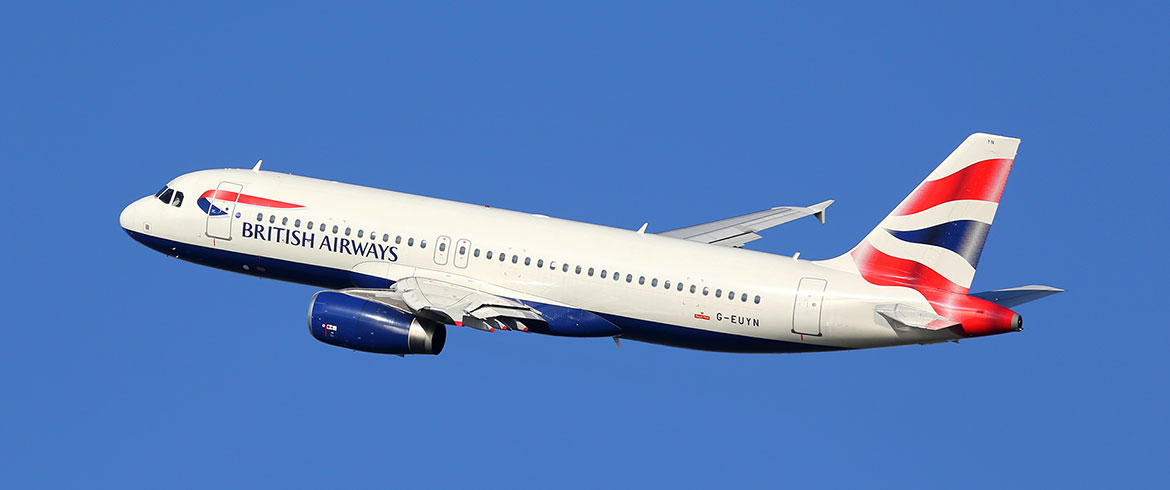The United Kingdom’s flagship carrier has been British Airways since the merger of British European Airways (BEA) and British Overseas Airways Corporation (BOAC) in 1974. It has had a few ups and downs. In the 70’s and early 80’s, its reputation was patchy but from the mid-1980’s for possibly the next ten to fifteen years, the airline became a genuine contender for the accolade “Best Airline in the World”. Indeed, one of its advertising straplines from the time was the “World’s Favorite Airline”.
Since then of course, the airline, in common with all the other “flag carriers” has had to learn how to deal with competition at the top end from (relatively) new airlines on its far east and Australian routes like Qatar, Emirates and Etihad as well as revitalized older competitors like Cathay Pacific and Qantas, while its domestic dominance has been challenged by no-frill operations like Ryanair and EasyJet. Difficult times indeed for a national airline chasing different markets and using as its hub an old two-runway airfield that doubles as the primary airport for London.
Link to all these factors a benefits package for front-line staff that the rest of the industry can only gawp at and a series of PR disasters – especially this year – that have damaged not only revenue at the time, but that all-important intangible when it comes to something as subjective as the travel experience – reputation. Frankly, BA’s carefully-groomed reputation is in tatters and if that weren’t enough, we have some threatened strikes to contend with this summer that make those of us with long-haul flights booked over the summer period and on which holidays/ business meetings depend – well, let’s just say that we are not too happy!
BA has form in this, of course (see earlier blog) but this dispute, interestingly, is with the “Mixed Fleet” crew, represented by the Unite trade union. The original flight crew terms and conditions were unaffordable, so BA stopped recruiting on those terms and has since been recruiting to the Mixed Fleet crew. Gradually, the original crew will retire/ die off and the hope is that all the flight staff will be Mixed Fleet within the next ten years or so. Trouble has been brewing with this new crew and though a pay agreement was reached earlier in the year, the trade union Unite, representing the crew, claim that BA is taking a hard line against those it defines as agitators – in other words those who took a stance in the last dispute.
The dispute is not about pay; that dispute was settled in January this year. The dispute is about management style and a fear that BA is bullying certain targeted individuals by withdrawing travel perks and the like. Sadly, BA has form in this. There have been past internal disputes where the difference between management and union seemed to be about management style rather than anything substantive. Those of you long enough in the tooth will recall being presented with paper packs containing sandwiches, condiments and the like because of a long-running dispute between the airline and its catering supplier, Gate Gourmet in 2005. The problem, though internal to Gate Gourmet, was apparently caused by BA’s aggressive negotiating stance with the company.
Here’s the thing. People have long memories. Whether they are negotiators dealing with a business, or – and this is where BA really has to look to its laurels – customers for whom this last incident (whatever the incident) is the last straw, they will wait and they will get you back, whether that is in the form of labor withdrawal or trying out another airline and finding out that it is as cheap/ cheaper or good/ better.
Competitive behavior breeds competitive stances.

